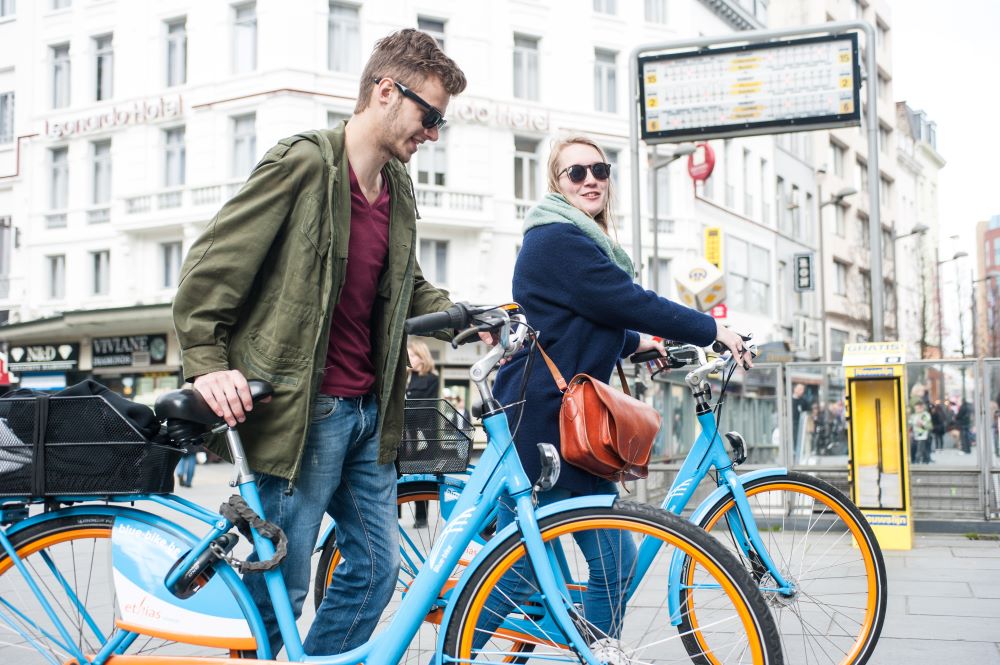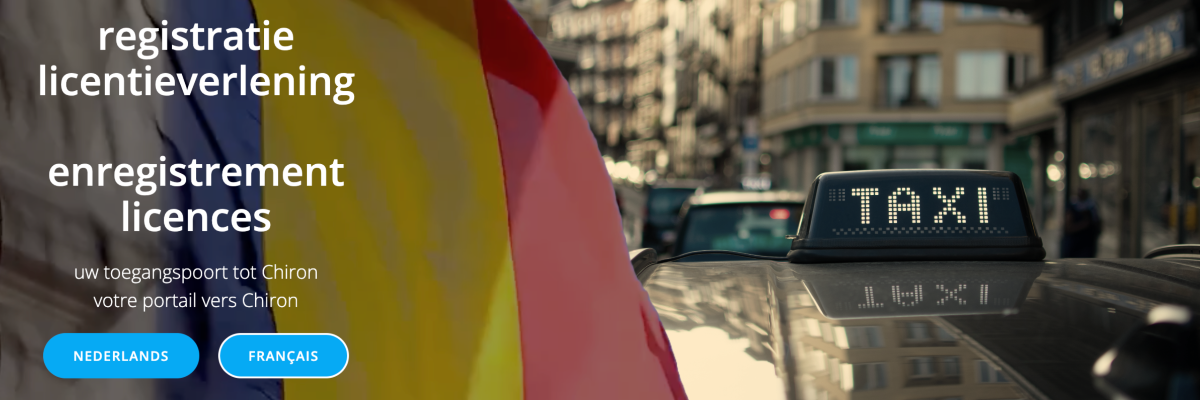While Mobility Week might have been viewed as a standalone campaign in the past, it is now an integral part of a larger movement for sustainability and climate action.
To initiate the dialogue around sustainable mobility and give public space back to cyclists and pedestrians, Flanders is once again organizing the annual Mobility Week. From 16 to 22 September 2023, the whole of Flanders will become a breeding ground for innovative ideas and practical solutions that encourage citizens to use transport more consciously and sustainably.
Public transport services such as De Lijn and NMBS and various subsystems run special promotions to let people experience the benefits of sustainable transport. Mobility Week revolves around Hoppin, a unique service that makes it possible to seamlessly combine different transport options.

By first taking the bus and then switching to a shared bicycle, or by switching from a bicycle to a shared car at a Hoppin point, residents can travel more efficiently and in a more environmentally friendly way. Hoppin also integrates train, tram, bus, scooter and (shared) bicycle into one system, paving the way for a smoother transition to sustainable mobility.
There are a few main points that mark the essence of Mobility Week in Flanders. Firstly, the offer of special promotions by transport providers such as De Lijn and NMBS. This isn't just a commercial move; it also invites citizens to experience the effectiveness and comfort of public transport and sharing systems. The hope is that this will lead to more sustainable and conscious travel behavior, not only during this particular week, but also beyond.
customised
The series of events organized during this week are promising. On September 17, Flanders celebrates Car-Free Sunday, a phenomenon that has been adopted by 2022 municipalities since 43. The goal is to involve even more municipalities this year. The streets will be temporarily free of cars, which offers a unique opportunity to experience public space differently. The 'Longest Bicycle Chain Ever' is also on the program on the same day, a grand cycling festival that extends from Tubize in Wallonia to Brussels, via various Flemish cities such as Halle, Beersel and Sint-Pieters-Leeuw.
The Pendel Fund will launch its 18th call for companies and governments on September 14. The call encourages projects that strengthen the synergy between workplace and public transport, as well as the use of nearby bicycle highways. In the context of the urgent need for climate neutrality in the logistics sector, the 'Charging the Future' event will be organized on September 19. This meeting focuses on smart charging solutions for logistics, a sector that is deeply rooted in the Flemish economy.
European influence is also prominent during this week. On September 19, the CIVINET.BE network is organizing an event to help cities and municipalities develop sustainable and smart mobility solutions. The European network provides financing opportunities and shares best practices.
The week ends with Strap Day on September 22, which has the theme 'climate'. On this day, parents, grandparents, students and teachers are encouraged to leave the car at home and opt for more sustainable transport options to school. The same day, the world celebrates Car Free Day, a global initiative to reduce car use.
Mobility Week is not a new concept because the Sustainable Mobility Network has been organizing this campaign since 1996. But the urgency of sustainable travel and the challenges posed by climate change make this annual event more relevant than ever.



